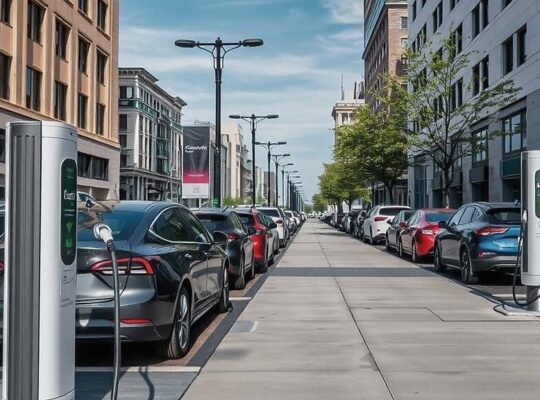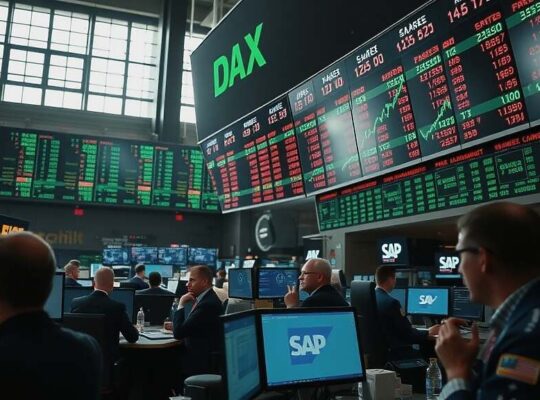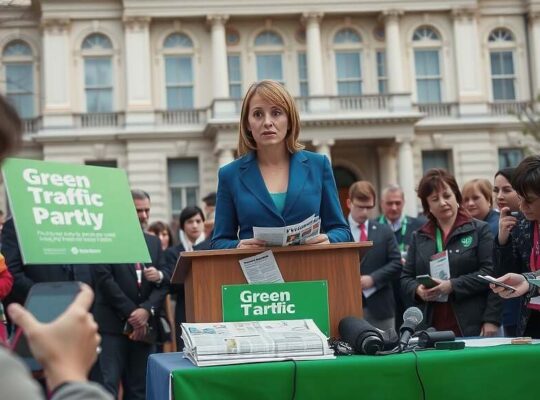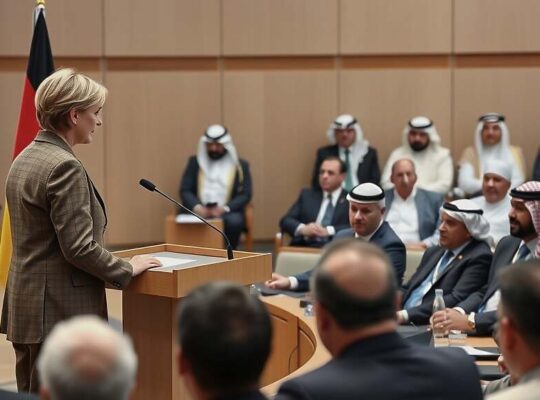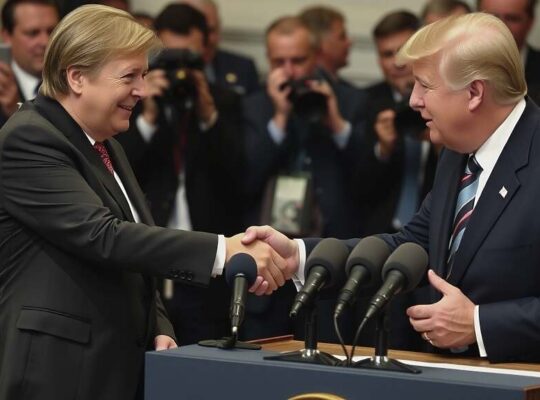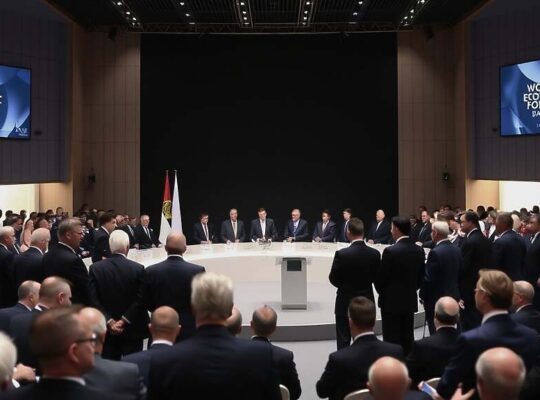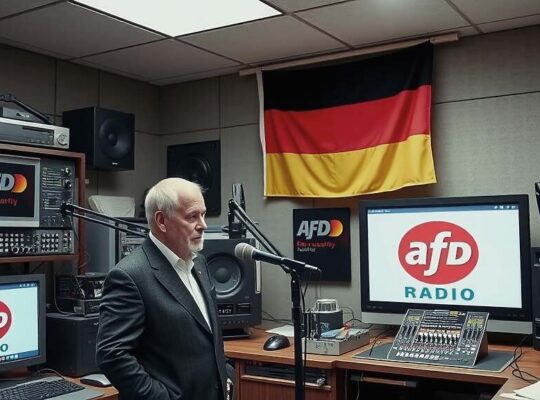The Alternative for Germany (AfD) continues to lead in voter preference, holding steady at 26% according to the latest Forsa poll conducted for RTL and n-tv. This persistent level underscores a concerning trend in German politics, suggesting a potential shift in public sentiment away from established parties.
The Christian Democratic Union/Christian Social Union (CDU/CSU), remains in second place, unchanged at 24%, a mere two percentage points behind the AfD. The Social Democratic Party (SPD) saw a slight gain, edging up to 14%, while Die Linke lost ground, falling to 11%. The Green Party and the recently formed BSW (Basis Social Movement) remain at 12% and 4% respectively, while the Free Democratic Party (FDP) lingers at 3%, with other parties collectively holding 6%.
However, a critical observation arises when considering perceptions of political competence. The CDU/CSU has edged up to 20%, demonstrating a slight recovery, but remains challenged by the AfD, which maintains 13%, despite a one-percentage-point decline. A significant 48% of respondents believe that no party is capable of effectively addressing the challenges facing Germany, highlighting widespread disillusionment with the political landscape.
The performance of CDU leader Friedrich Merz remains deeply divisive. While 27% express satisfaction with his leadership, a substantial 69% remain dissatisfied. This recovery of two percentage points from last week’s low offers little comfort, as Merz’s support is overwhelmingly concentrated within the ranks of CDU/CSU voters (69%). Conversely, broad disapproval stems from SPD (66%), Green (76%), Left (90%) and notably, AfD voters (94%). This stark divide reflects the increasing polarization within German society.
Compounding these political concerns is the persistently bleak economic outlook. Only 17% of those surveyed anticipate an improvement in Germany’s economic situation, while 61% foresee a worsening. The remaining 21% expect no change. This pervasive pessimism regarding the economy further fuels public discontent, potentially creating fertile ground for populist movements like the AfD to gain traction.
The data, collected between October 14th and 20th, 2025, based on a sample of 2,505 respondents, paints a picture of a nation grappling with political fragmentation and economic uncertainty, raising serious questions about the stability of the established political order.




